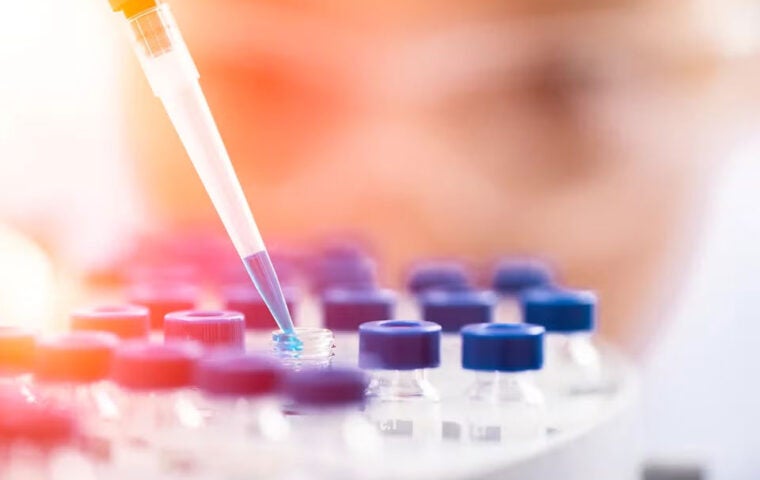Research Laboratory

Leadership
Nelson Freimer, MD
Director
Joe DeYoung
Core Manager
Contact Info
UCLA Neuroscience Genomics Core Website
Gonda Research Facility
Rm 3554
Los Angeles, CA
JDeYoung@mednet.ucla.edu
(310) 825-2390
About
This core facility provides advanced genomic technologies and support for neuroscience researchers at UCLA and beyond. Services include next-generation sequencing, gene expression profiling, and bioinformatics analysis. It plays a vital role in large-scale studies of brain development, psychiatric disorders, and neurodegenerative diseases. The core enables researchers to explore how genes influence brain structure and function. Its goal is to accelerate discoveries in brain science through high-quality, accessible genomics tools.